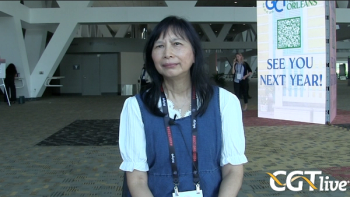
The principal investigator at Seattle Children’s Research Institute discussed her lab’s work on using ultrasound mediated gene delivery to target hemophilia A.

The principal investigator at Seattle Children’s Research Institute discussed her lab’s work on using ultrasound mediated gene delivery to target hemophilia A.
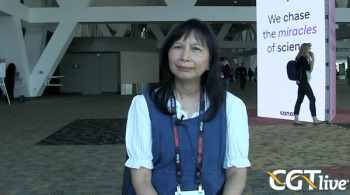
The principal investigator at Seattle Children’s Research Institute discussed her lab’s preclinical research with UMGD for the treatment of hemophilia.
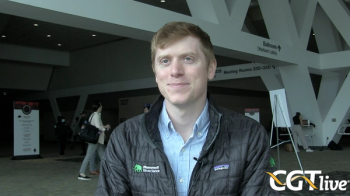
The cofounder and chief scientific officer of Mammoth Biosciences discussed the company’s mouse model research on treating hypertriglyceridemia.
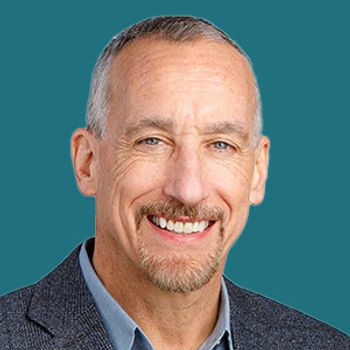
Steve Kanner, PhD, the chief scientific officer of Caribou Biosciences, discussed the company’s platform for genome editing.
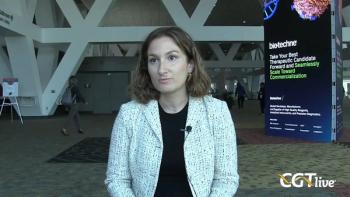
The cofounder and chief scientific officer at Encoded Therapeutics shared preclinical research with the company’s AAV and miRNA platforms.
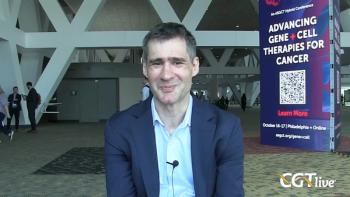
The chief medical officer of Cartesian Therapeutics discussed data presented at ASGCT 2024 from a phase 2a study.
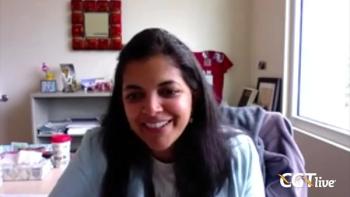
The associate professor of medicine at University of Colorado discussed data presented at ASCO 2024.
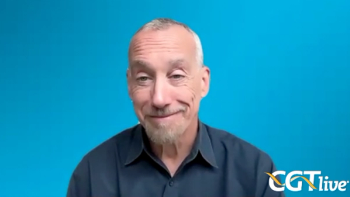
The chief scientific officer of Caribou Biosciences discussed results from preclinical research evaluating the gene editing approach.
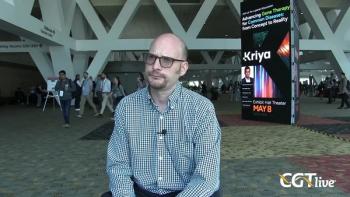
The chief medical officer at Creyon Bio overviewed the development of an allele-selective TNPO2 protein for a single patient with a de novo pathology.
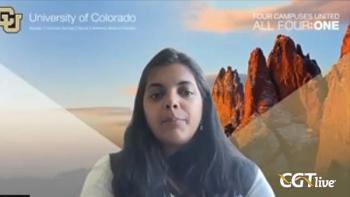
Manali Kamdar, MD, on The Importance of Bringing Liso-Cel to Earlier Lines of Lymphoma Treatment
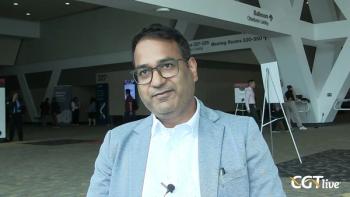
The senior researcher at Seattle Children’s discussed the development and validation of A2-CAR-CISC EngTreg cells.
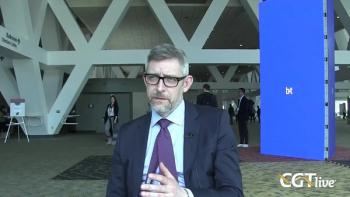
The medical director of clinical development at AskBio discussed setbacks in the phase 1 trial of AB-1002 gene therapy.
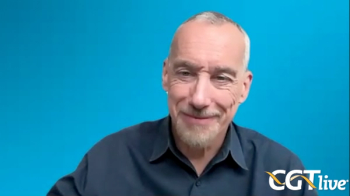
The chief scientific officer of Caribou Biosciences discussed the company’s platform for genome editing.
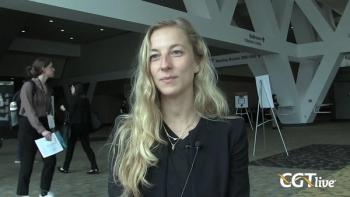
The PhD candidate from Lieden University Medical Center and Breakefield Lab at Mass Gen discussed her work presented at the ASGCT 2024 meeting.
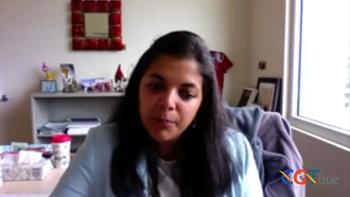
The associate professor of medicine at University of Colorado discussed how the field has shifted to support the growing use of CAR Ts and progress to come.
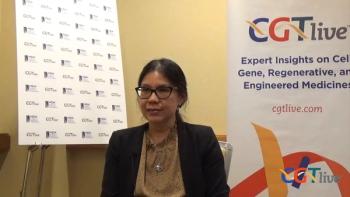
The clinical professor of neurology and pediatrics at Keck School of Medicine of USC also discussed current strategies with gene therapy administration.
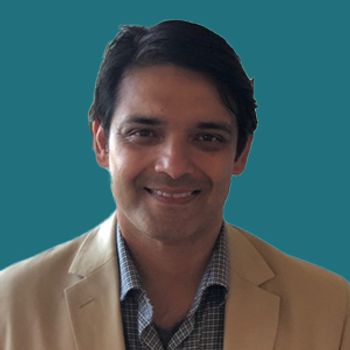
Faraz Ali, MBA, the chief executive officer of Tenaya Therapeutics, discussed trends in precision medicine for cardiovascular indications.
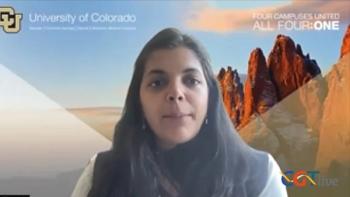
The associate professor of medicine at University of Colorado discussed a post hoc analysis study on subgroup analyses of liso-cel response.
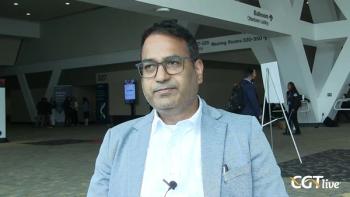
The senior researcher at Seattle Children’s discussed advantages of engineered Tregs compared with natural Tregs.
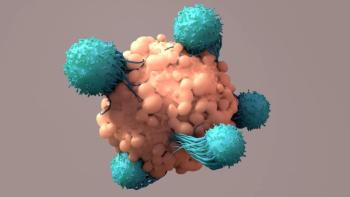
Patients in FUMANBA-2 received eque-cel after being ineligible for ASCT after 4 cycles of induction therapy.

Faraz Ali, MBA, the chief executive officer of Tenaya Therapeutics, discussed the company’s decision to supplement the gene transfer programs in its pipeline with gene editing programs.
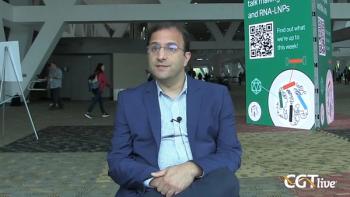
The cofounder and chief executive officer of Kate Therapeutics discussed research that awarded him an Outstanding New Investigator at the ASGCT 2024 meeting.
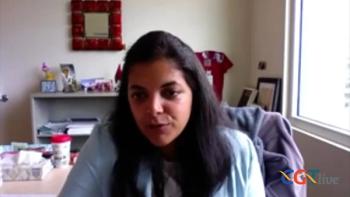
The associate professor of medicine at University of Colorado discussed data in the primary relapsed LBCL setting.
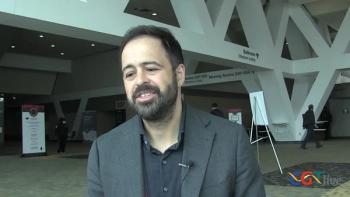
The head of research at Mass General Brigham’s Cell and Gene Therapy Institute discussed work the center is engaged in with cell and gene therapy.

Faraz Ali, MBA, the chief executive officer of Tenaya Therapeutics, discussed the company’s research on capsids, promoters, and manufacturing improvements.
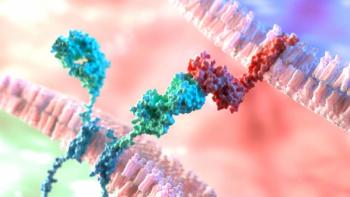
The data, from the first patients dosed in each trial, also continues to show safety.
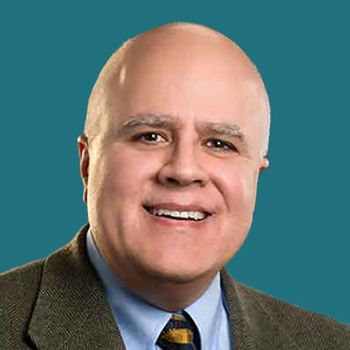
Data from up to 5 and 6 years of follow-up were presented at the 2024 EHA Congress.
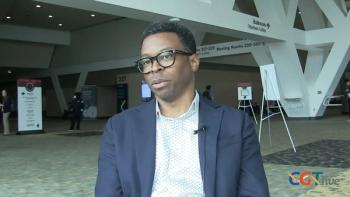
The Senior Director and Head of Technology Development at Epic Bio discussed potential applications of the new technology.
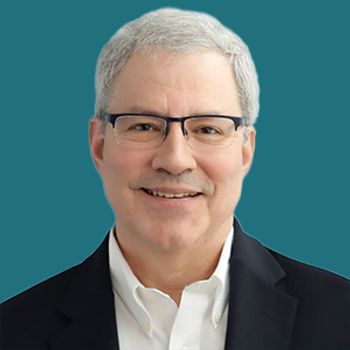
The responses seen in the 9 patients included 3 complete responses (CRs), 2 very good partial responses, and 4 partial responses.
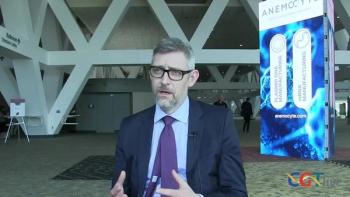
The medical director of clinical development at AskBio discussed the progress of an early clinical trial of AB-1002.